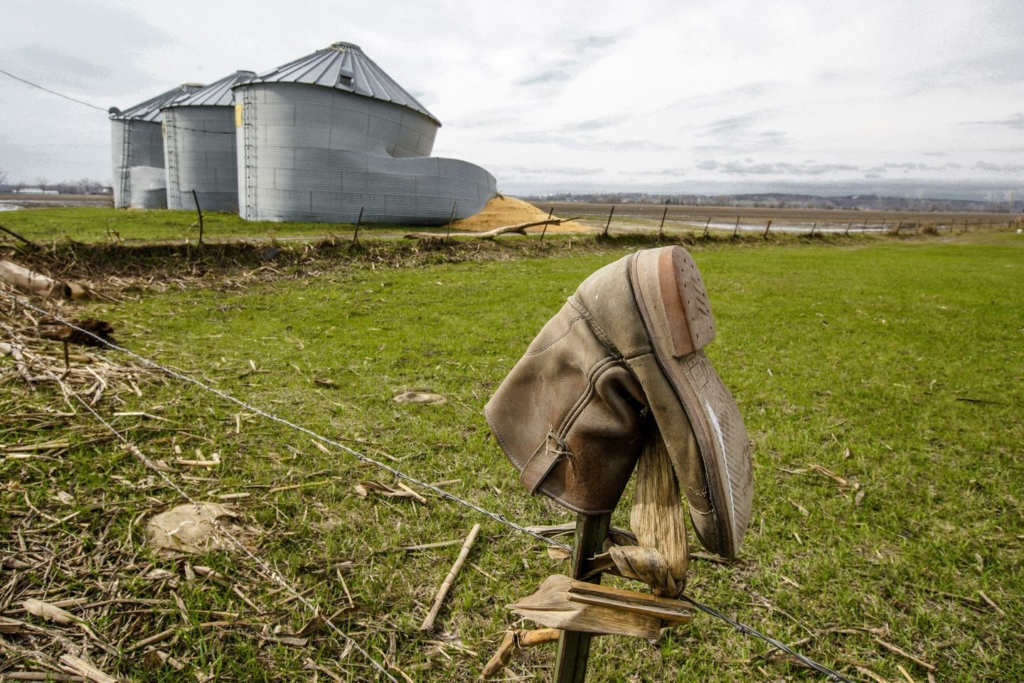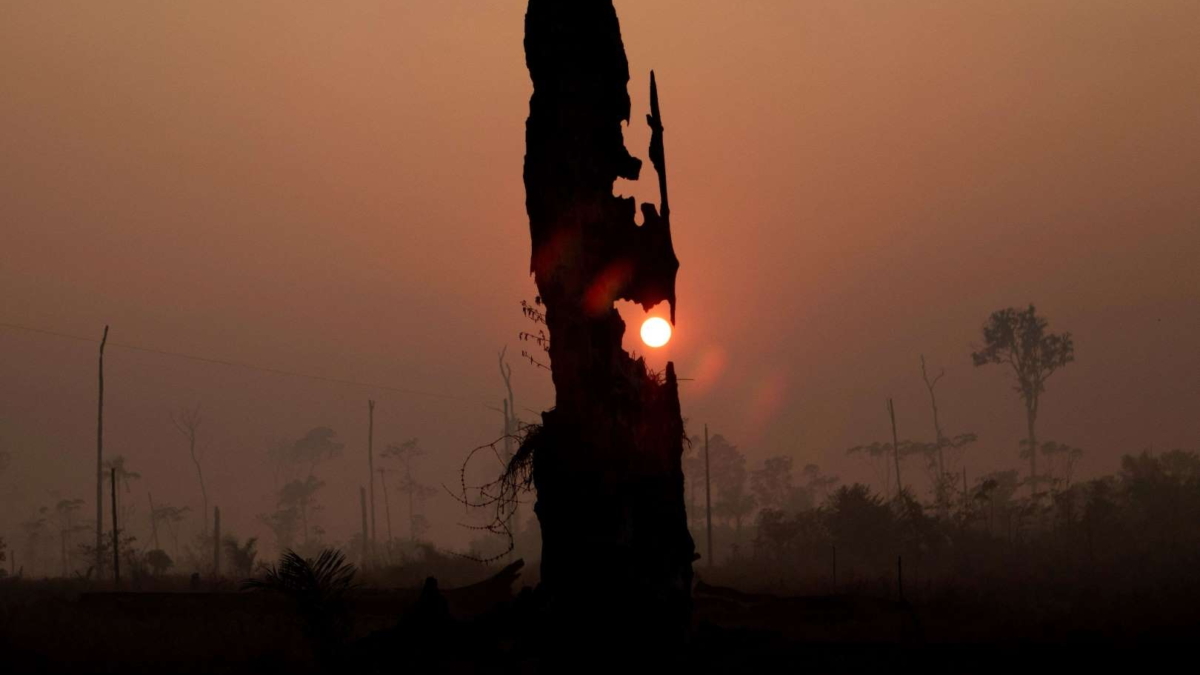The Trump administration didn’t like my agency’s research. So it sent us to Missouri. – “They can’t tolerate it when scientists present hard truths they don’t like”

By Andrew Crane-Droesch
21 October 2019
(The Washington Post) – I joined the Economic Research Service (ERS) in 2016. I wanted to use my academic training to do something in the public interest — I didn’t really expect to get involved in agriculture. Then I got absorbed in the subject: Humanity’s dependence on the environment is made explicit through our food systems; without the right combination of weather, soil and labor, nobody eats.
Most people don’t need to think frequently, or ever, about the economics of honeybee pollination routes or the cost of the Federal Crop Insurance Program. But if they eat almonds (which are pollinated by bees) or pay taxes (which subsidize farm insurance), they need experts to make sure that food systems work efficiently and public funds are spent effectively. At ERS, we studied all aspects of food production, occupying an obscure but important niche: Many of our research topics wouldn’t make for an exciting academic tenure file, but had huge implications for policy.
Out of the blue, in August 2018, agriculture secretary George “Sonny” Perdue announced that my agency and the National Institute of Food and Agriculture would relocate from Washington, D.C., to some yet-to-be-determined location. He claimed that this would lower costs and bring us closer to “stakeholders.” That stated justification was a fig leaf for the administration’s true intentions. We didn’t need to sit next to a corn field to analyze agricultural policy, and Perdue knew that. He wanted researchers to quit their jobs.
The administration had demonstrated its hostility to our agency. Their proposed 2020 budget halved our staff from 329 to 160, slashing “low priority research” areas like food assistance programs and conservation efforts. The department had started requiring us to add disclaimers to our scientific journal publications, even those that passed peer review, undermining the authority of our own work.
I didn’t take the threat seriously at first: Federal relocations tend to be incredibly complicated, and I basically believed that the Trump administration’s incompetence would get in the way their malevolence. But apparently, the politicals in the Office of the Secretary were motivated. They didn’t like it when our research was at odds with the administration’s narratives. The USDA wanted to restrict access to food stamps, for example — but according to our models, food assistance programs were often a positive multiplier for local economies. They certainly didn’t appreciate my colleagues’ paper showing that the 2017 tax cut would give the biggest benefits to the wealthiest farmers.

But rather than try to quash individual studies, the administration decided to try to drive out the researchers wholesale. Perdue insinuated that our research was politically motivated, telling reporters that the department needed to avoid past mistakes, in which it made decisions “based on political science rather than on sound science.” By suppressing scientists instead of their science, he could avoid engaging with the specifics of our work. […]
Our union estimates that of 180 employees who were assigned to relocate, 141 declined. They weren’t willing to uproot their families, sacrifice their spouses’ careers, or in some cases disrupt their medical treatment, for an agency that remained firmly in Trump’s crosshairs. The agency has managed to hire a few sharp new researchers in Kansas City, but they’re just a drop in the bucket compared to what’s being lost, and it’ll take them a long time to learn their fields.
All the people who study genetically modified organisms left. The team that studies patent law and innovation is gone. Experts on trade and international development, farm finance and taxes all left. Many people transferred to other agencies in USDA, where they’ll help implement programs, but will no longer have a mandate to produce the essential research that’s needed for sound policymaking. Because the publishing staff all left, dozens of reports on subjects from veterans’ diets to organic foods are delayed. Projects that have been years in the making, studying issues from honeybees to potentially harmful herbicides, will never see the light of day.
The agency never has a perfectly smooth relationship with any White House: Its studies have contradicted rationales for policy ideas ranging from like biofuels to farm subsidies. But the Trump administration seems singularly, openly opposed to our basic existence. They can’t tolerate it when scientists present hard truths they don’t like. [more]
The White House didn’t like my agency’s research. So it sent us to Missouri.


